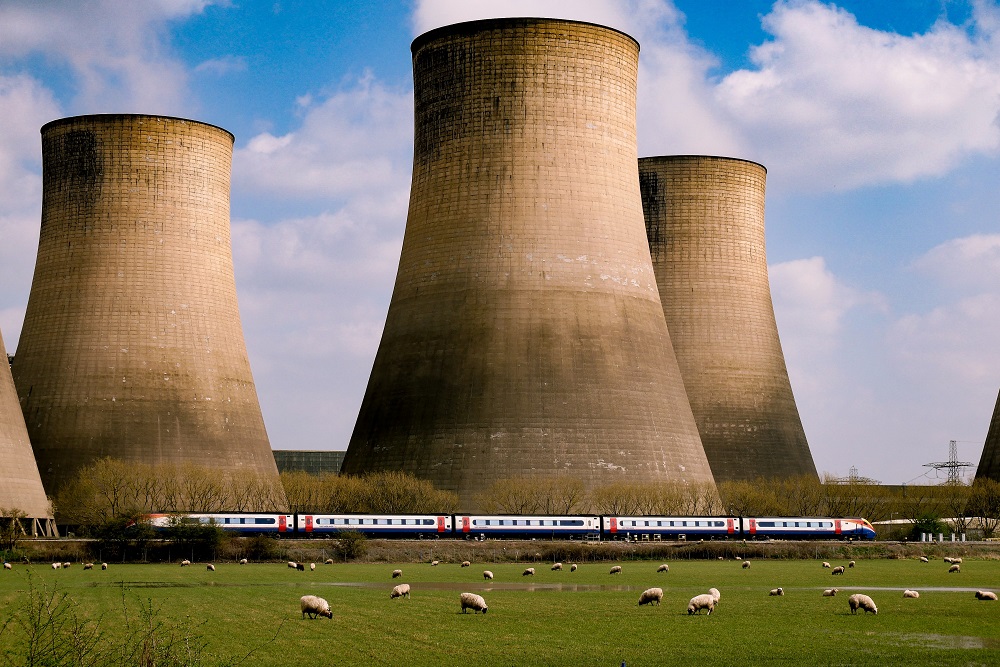Nuclear plants are coming back into play as an option to increase energy stability and reduce dependence on Russian gas in the European Union. Apparently, the war in Ukraine is putting on standby certain EU policies to reduce nuclear reactors in favor of renewable energy. The high prices of energy, but also the general uncertainty and fear about whether there will be enough energy before the coming winter creates conditions to impose certain political solutions, which may be in different circumstances would be more difficult, or even impossible, to implement.
Although the current situation in the world, especially in the European Union, is delicate, we are witnessing major changes in energy, which, as a basis for economic development, will contribute to changes in several social spheres. It is in such a situation that France’s initiative to change the regulation, which will enable faster implementation of new nuclear power plants in the country, is taking place. This initiative is taking place under the strong political support of President Macron, in an attempt to use the current situation to strengthen the energy positions of the country.
France, the nuclear power of the EU, has been facing a series of challenges in its energy sector in recent years. Due to technical reasons, the energy giant EDF had to shut down several nuclear power plants, which reduced the production of electricity from nuclear power plants. Last year, France produced 360.7 TWh of nuclear power or 69% of total production. Shutting down nuclear power plants in conditions of an energy crisis means a reduction in electricity production, and an additional challenge is a reduction in hydropower, due to the dry period during the summer. Hydro energy is the second largest source of energy in the country, with 62.5 TWh.
All these facts indicate the need to change the regulation to create conditions for new investments in nuclear energy that will mean energy stability not only for France but also for the Union. Changes in regulation and reduction of bureaucracy are a condition for the successful realization of the investment in six new nuclear reactors in France.
The investment is estimated at around 52 billion euros. Current circumstances in the world and efforts to create as many independent energy sources as possible make these steps logical. Yet at the same time, if you look at the big picture, these legislative changes are contrary to the previous regulation to reduce nuclear power by 2023.
The European Union, and certainly France, is not giving up on investments in renewable energy sources either. Commitments to intensify investments in such projects remain.
The policy of increasing nuclear energy in the Union is not a trend only in France. It seems that France is just following the already existing trend. The construction of three nuclear power plants is already planned in Poland. Companies as far away as the US and South Korea are already working on building the first two reactors, with the projects due to be completed in 2040.
Researching the possibilities of building nuclear reactors is the focus of the Finnish energy giant Fortum, and Slovakia, the Czech Republic, Estonia, and Romania are also exploring the possibilities in their countries.

